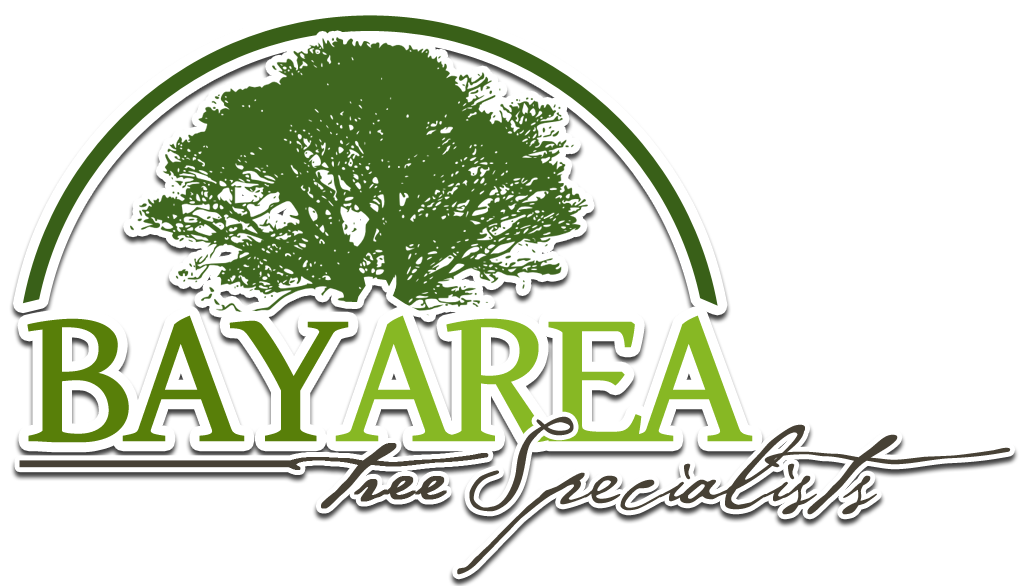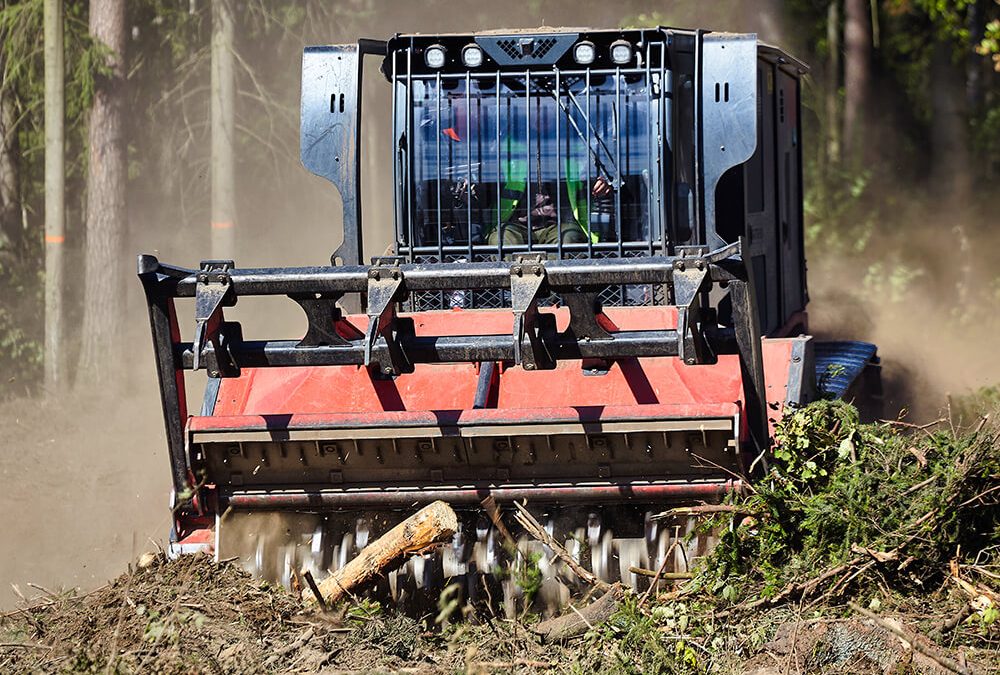Scavengers, even large mammals could pose a threat to trees on a given parcel of land, especially if any of those same animals were hungry, and searching for food.
Different tree parts appeal to different animals.
Some of them gnaw on the limbs.
A few others munch on the leaves.
Deer prefer to eat the bark.
Suggested methods for protecting a potential food source from a scavenger or a deer
Tree Care service in Palo Alto will install a wire fence, and have a hedge growing next to it. Put fine mesh under that combination of fencing, plus plants and hedge. That keeps smaller mammals that dig burrows from reaching any tree.
Place in the hedge only those plants that a scavenger or deer would not want to eat. If you know a hunter, find out if that same hunter has discovered a berry that is not on a listing of a deer’s favorite foods.
Wraparound tree guard: Purchase one that has holes, which allow for a flow of air. As a living thing, every tree must have access to air.
Hang shiny objects in the trees’ branches: Such objects should perform the same function as a tiny scarecrow.
Place a motion-activated device on the tree’s trunk. It should make a sound or light up, when activated by a deer’s movements. That same device might prove useful, if you were trying to keep squirrels away from a bird feeder that hung from a tree’s branch, or from a pole that stood under a tree’s canopy.
Use repellants
—Select from the plant-based repellants, if there are pets or children that play in the vicinity of the trees’ canopy.
—Buy one of the brands that contain strong chemicals, if you are trying to protect trees that grow quite a distance from your family’s home and yard.
Consult with an arborist about the advisability of using a product called dried “blood.” That is a chemical that can be used to keep scavengers away from the food/produce that is growing in a farmer’s field, or in a home garden. Look for it at a nursery; however, realize that it could pose a threat to any pet.
Do not waste a lot of time looking for dried “blood.” When it came on the market, it did not have to compete with any plant-based products. If the staff at your local nursery is composed of young people, you could find that none of them have heard of that particular product.
The same would be true of a professional arborist. Any young professional arborists might be unfamiliar with something that sounds like a product sold by Dracula. Do not question the expertise of the person that you have consulted at a tree care service.


